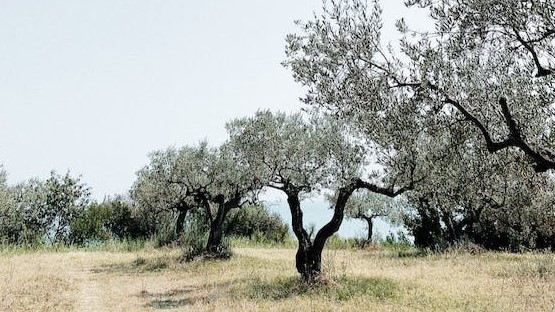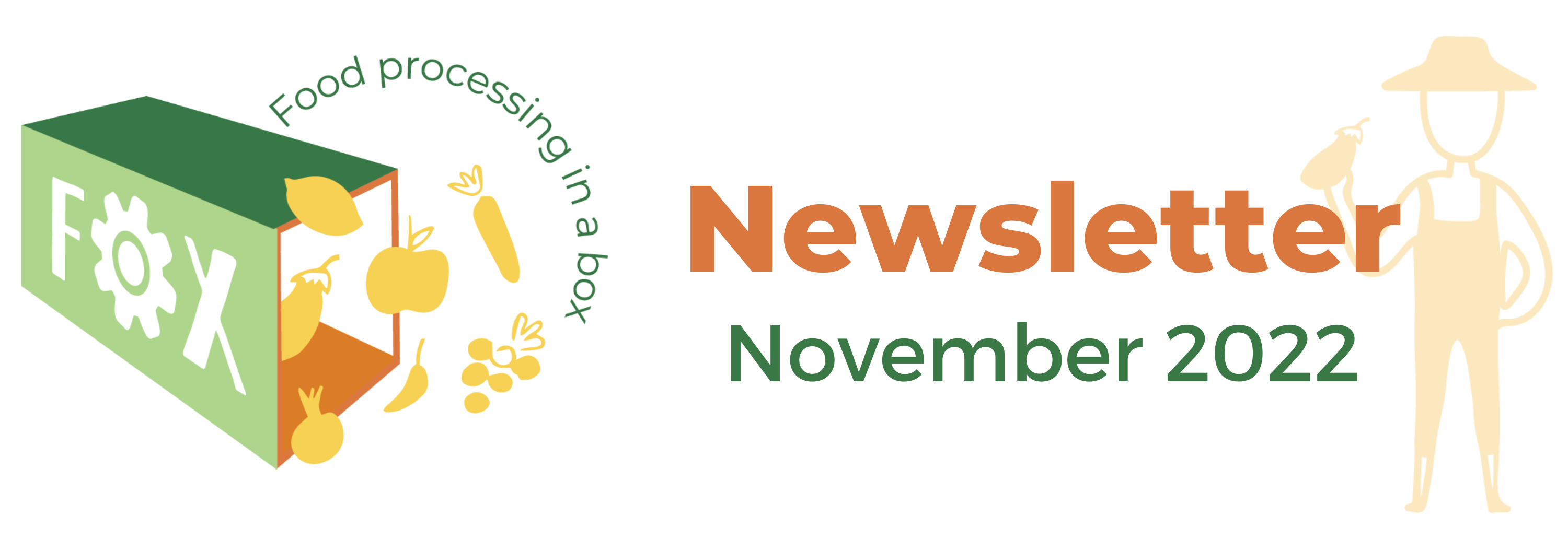Exploring Synergies and Exchanging Experiences in Valencia
On the 30th of November and 1st of December, Tessa Avermaete (KU Leuven, project manager FOX, COCOREADO and RUSTICA) and Dioni Ortiz (project coordinator Visionary) met at the Universitat Politècnica de València (UPV). They had been working together in the European FP7 project, TRANSMANGO, 2014-2018, on the topic of food security in Europe. TRANSMANGO included the development of scenarios and pathways for sustainable solutions. Both the covid pandemic and the Ukraine crises demonstrate the relevance of studying unexpected shocks to our food system.
Both the covid pandemic and the Ukraine crises demonstrate the relevance of studying unexpected shocks to our food system.
Exchange on European projects
Dioni invited junior and senior colleagues for this dialogue on opportunities and bottlenecks in our food system. Tessa presented several European projects in which the division of bioeconomics is: COCOREADO, RUSTICA and FOX. These projects all deal with making the food system more sustainable, with a strong focus on the added value of circular food systems and short food supply chains. RUSTICA and FOX both deal with waste streams from fruit and vegetables.
RUSTICA and FOX both deal with waste streams from fruit and vegetables.
Valencia is a region with an important production of fruits including kaki, mandarins and oranges. Fruit farmers in Valencia face similar issues as in Flanders such as high energy prices, rising fertilizer costs, changing weather conditions and low prices for their final products. In that sense, the RUSTICA project (with a focus on the development of biobased circular fertilizers) as well as FOX (with a focus on valorizing fruit through fruit processing) are highly relevant for this region.
UPV coordinates the Horizon Europe project VISIONARY, which had its kick-off in September 2022. VISIONARY wants to make a difference in food system transitions, by identifying what factors underlie the path dependencies and ‘lock-ins’ in current unsustainable food systems, and showing how these can be overcome. VISIONARY will tackle policy and business shifts as drivers necessary to make a change at the system level. The project aims to improve the sustainability of agriculture by promoting practices in food production systems that are more environmentally friendly, economically viable and socio-culturally appropriate. VISIONARY focuses on existing initiatives, practices and (policy) interventions (case studies) that are still a niche or small-scale, and investigates the barriers to scaling up and out.
Both in terms of content and from a management perspective, these meetings facilitate the efficiency of ongoing work and potential future cooperation between consortia.
Local Food Strategies in Leuven and Valencia
Both Valencia and Leuven have introduced a food strategy. In Leuven, the food strategy was launched in 2019 as ‘voeding verbindt’ [‚food connects‘]. Valencia has had a Food Strategy and a Municipal Food Council since 2018, under Consell Alimentari Municipal de València (CALM). Moreover, both cities were selected by the European Commission from 400 cities for the mission ‚100 Climate-Neutral and Smart Cities by 2030‘. With this mission, Europe supports the selected cities with expertise and (financial) resources in their journey towards climate neutrality by 2030. Tessa, who is also chair of the food and farming advisory board in Leuven, met with Gloria Bigné, coordinator of the Catédra Tierra Ciudadana and filiated to UPV.
It is interesting to see synergies and differences in food strategies across cities. The challenge of hearing everyone’s voice in society when developing and implementing a food strategy is a common point of attention.
It is interesting to see synergies and differences in food strategies across cities. The challenge of hearing everyone’s voice in society when developing and implementing a food strategy is a common point of attention. There are many nice ideas to be shared as well. Leuven recently had the next round of land plots that are made available for an innovative project in the region that contributes to its strategy. In Valencia, a nice practice is the development of a city map allocating the places where you can buy local foods.
Both cities also have their challenges. In this context, both Leuven and Valencia recognize the need for measuring impact. Valencia already made a list of indicators that will be used for this evaluation. In Leuven, this process will start in 2023.
In the evening, we could experience the taste of Valencia. Where Spain used to be a rather difficult country for vegetarians to find good restaurants, steps forward have been made over the last few years. We enjoyed a wonderful dinner at Oslo, where the chef uses quality and seasonal products, and accounts for local foods.
Visit to the fruit cooperative
The next day, a visit to Green Fruits was on the program. Green Fruits is the consolidation of several smaller cooperatives, among which Coopego. Whereas Flanders has a very limited number of fruit and vegetable cooperatives, Spain has a large number of small and larger cooperatives with a very complex structure. It was the director of Coopego, José Pastor Bolufer, who guided us around at Green Fruits.
The tour started with a talk in the canteen of Green Fruits. Although it was only 10 am, the canteen was full of farmers that had a lively discussion. A broad range of items were issue of our dialogue including the drought, the economic challenges of the sector given among others the extremely high energy prices, and finding labour in the sector, … We also discussed why organic fruit production is (almost) no option in this region, where organic fertilizers are not available. Furthermore, misconceptions about growing tropical fruits, like avocado, were the subject of our talk.
A broad range of items were issue of our dialogue including the drought, the economic challenges of the sector given among others the extremely high energy prices, and finding labour in the sector
The tour proceeded in the logistic buildings of Green Fruits. Here, tons of mandarins, avocados, oranges and kaki fruit pass a labyrinth of cleaning, sorting and packaging. The majority of the fruit ends up in boxes for export.
On the way back to Valencia, we stopped at Albufera, the cradle of paella rice. There is a famous Valencian saying which says: ” The people of Valencia eat rice six times a week – on Sundays, they eat paella.” Rice is served almost daily in Valencia. According to some records, rice has been grown in Valencia for over 1000 years. However, it was recovered in the 8th to 9th centuries with the help of the Arabs. Rice cultivation areas are mainly shallow, slightly saline and unsuitable for other crops. The fields are prepared with fertilizer in February and then flooded in April, after which the rice seedlings are set uniformly throughout the field, planted in straight lines with the workers moving backwards to avoid stepping on the newly planted seedlings. During the summer months the fields are hoed and then, in September, when the plants have grown, the rice is harvested. There are special tractors and harvesters for rice farming.
A final stop was at the large freshwater lagoon spanning more than 2,800 hectares, the largest in Spain, to which the park owes its name: L’Albufera. It provides shelter for up to 300 different species of birds throughout the year, especially the waterfowl that winter there, including flamingos. L’Albufera has been designated as a Ramsar Wetland of International Importance, and since 1994, as a Special Protection Area (ZEPA).

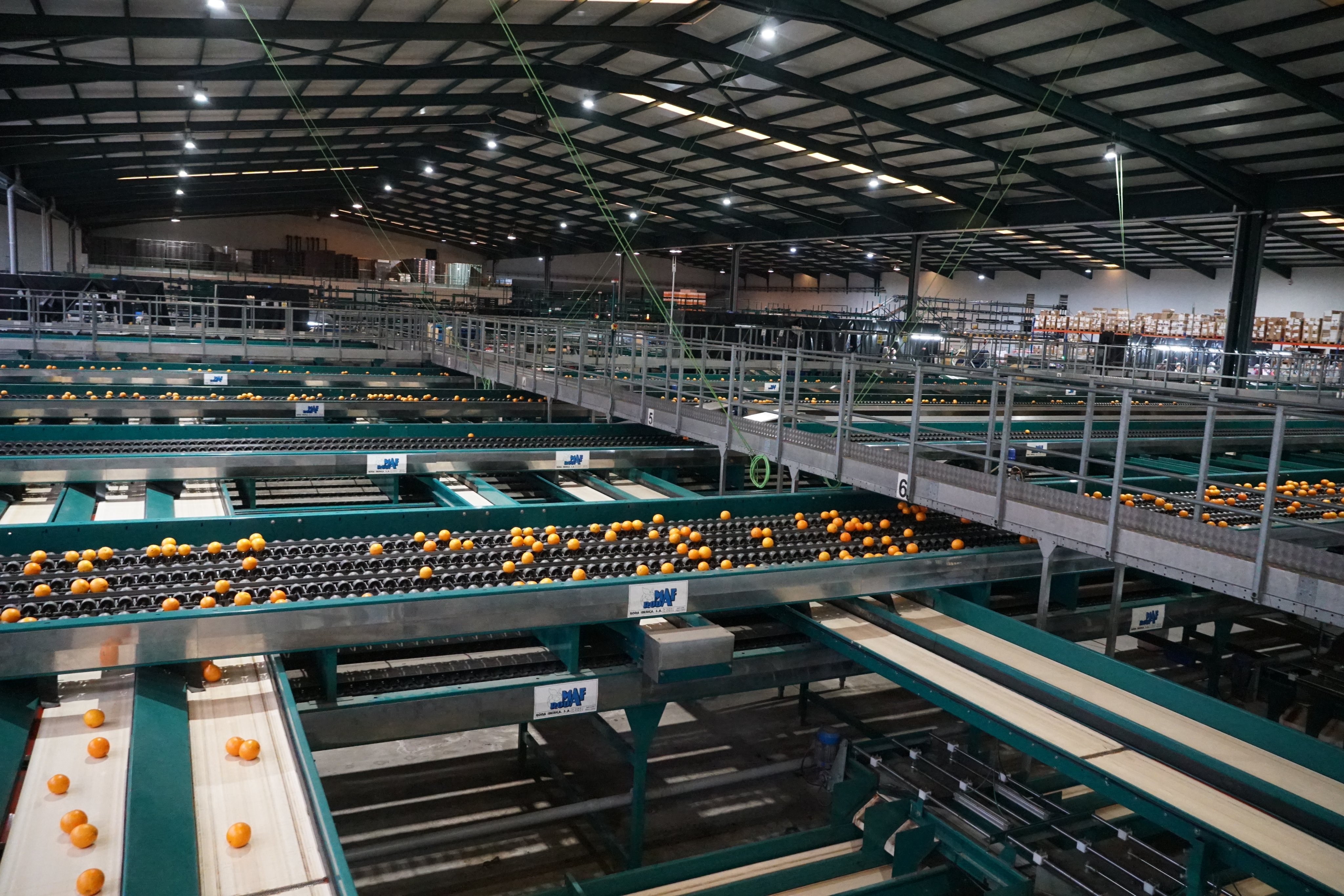
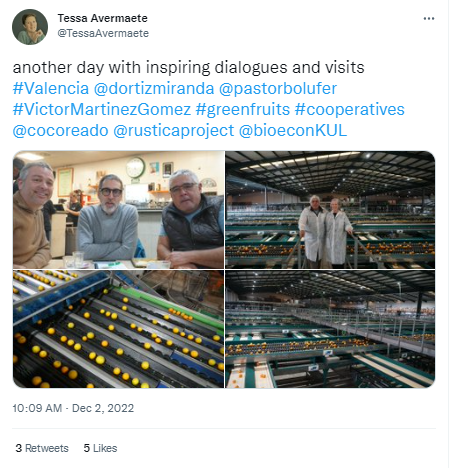
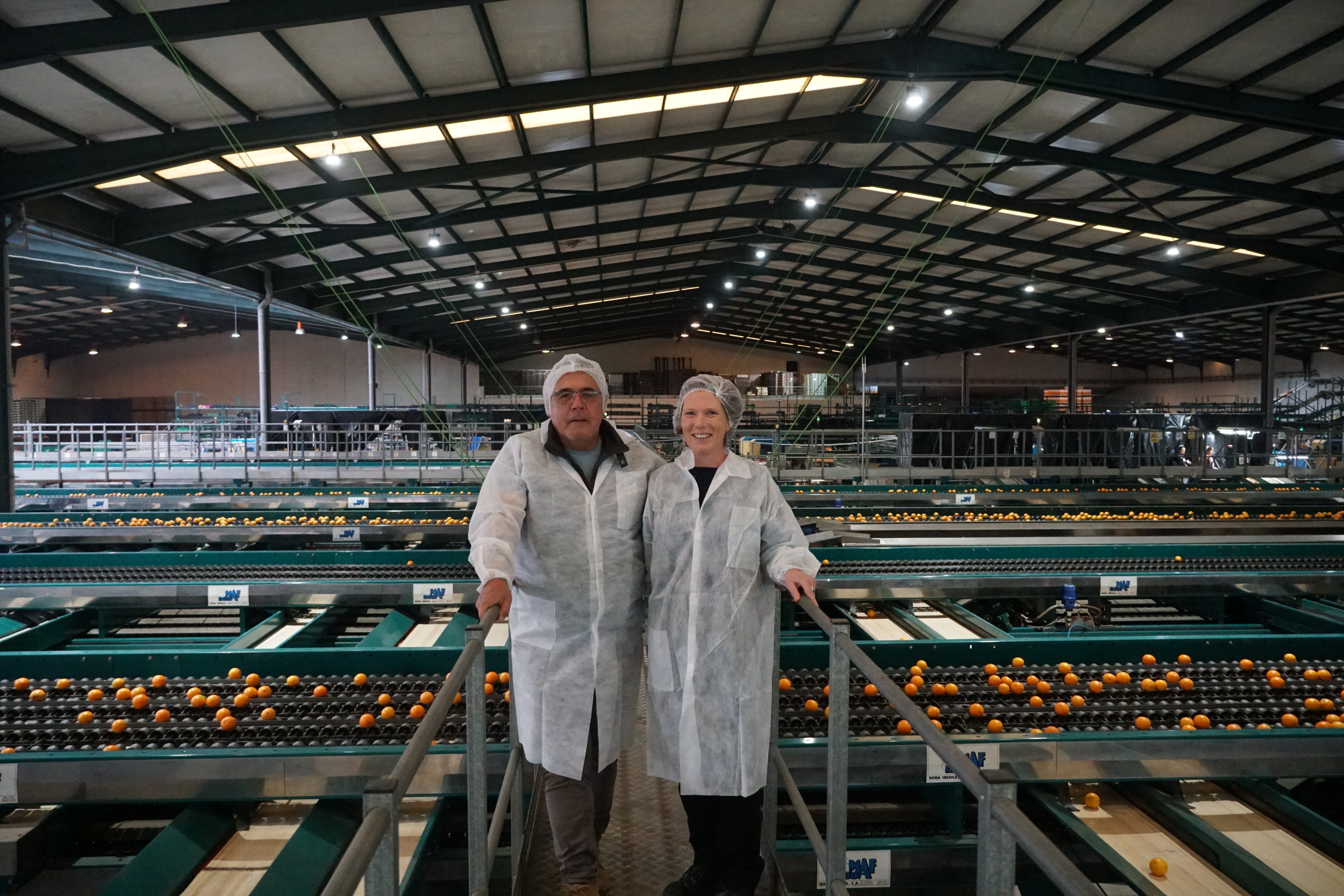
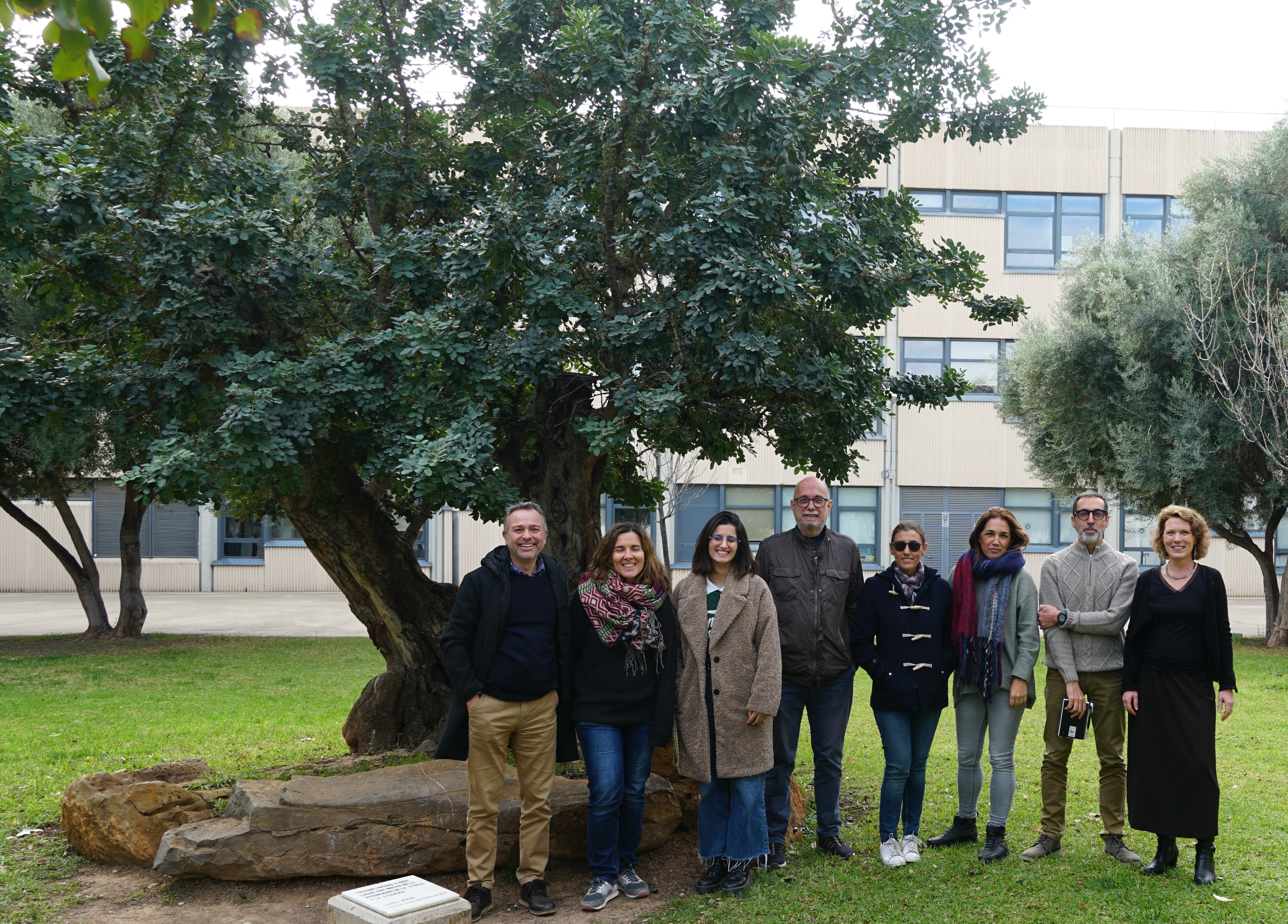
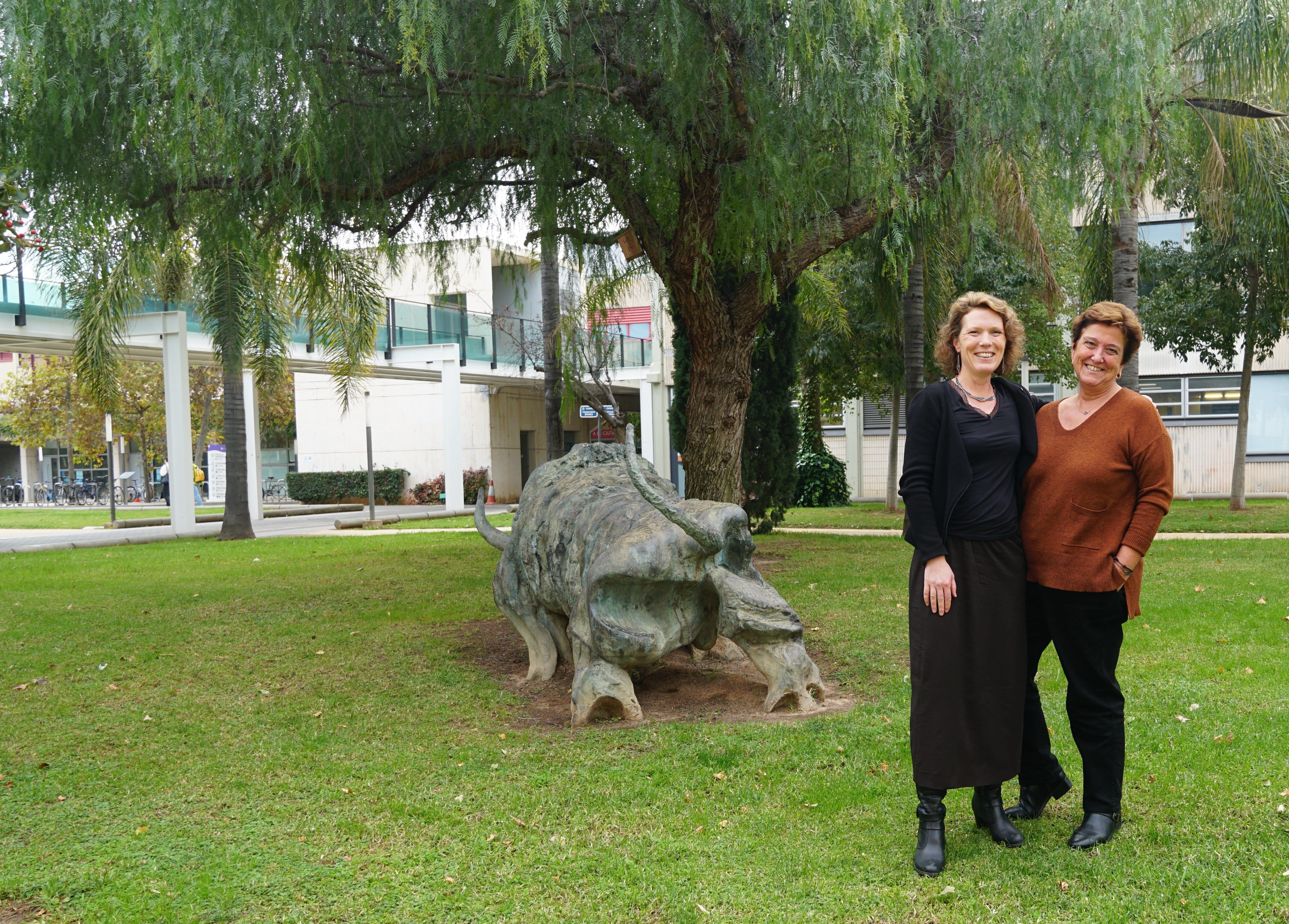
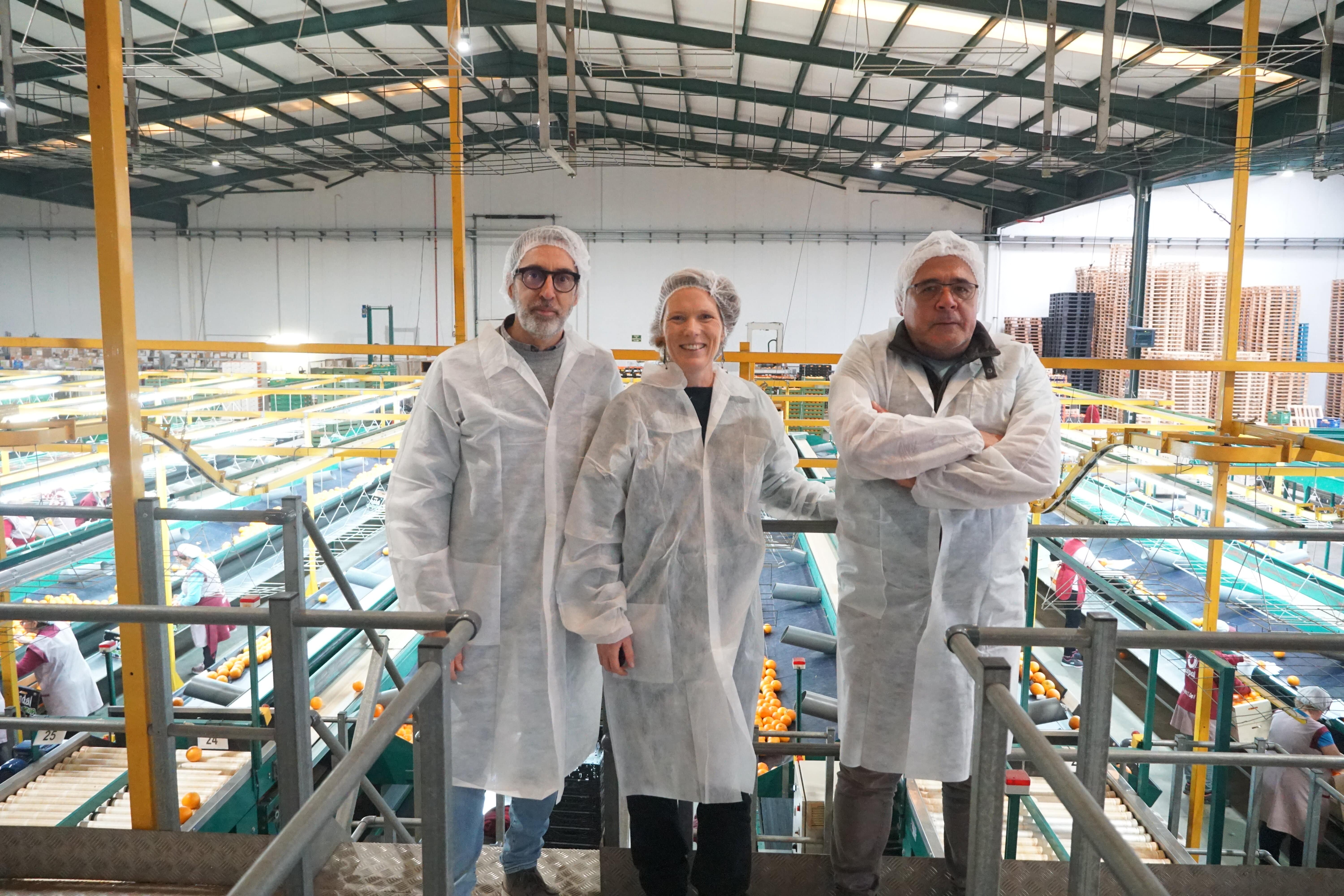
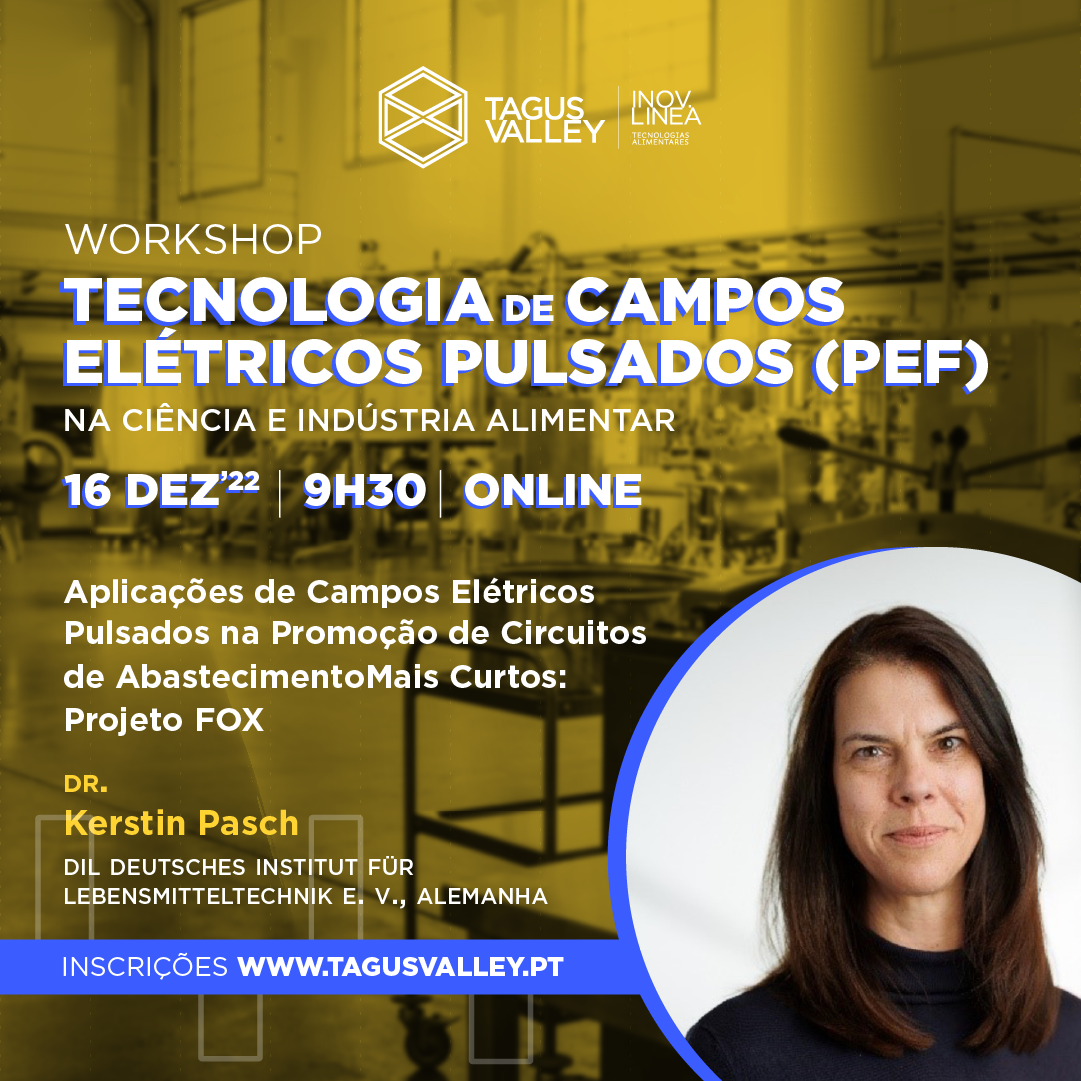
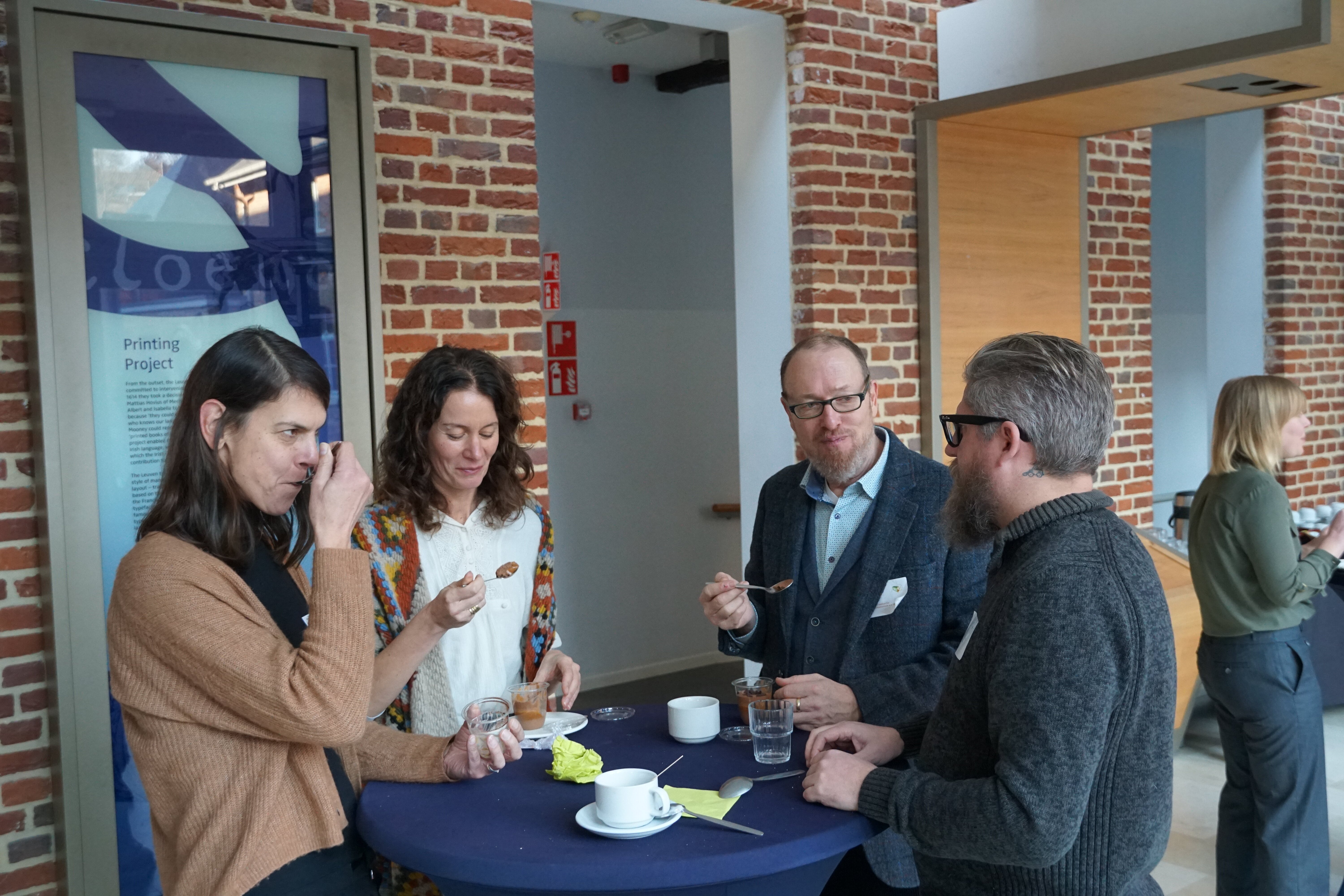
![FOX at FI [Food Ingredients] Europe](https://www.fox-foodprocessinginabox.eu/wp-content/uploads/2022/12/Screenshot-2022-12-13-131707.png)
